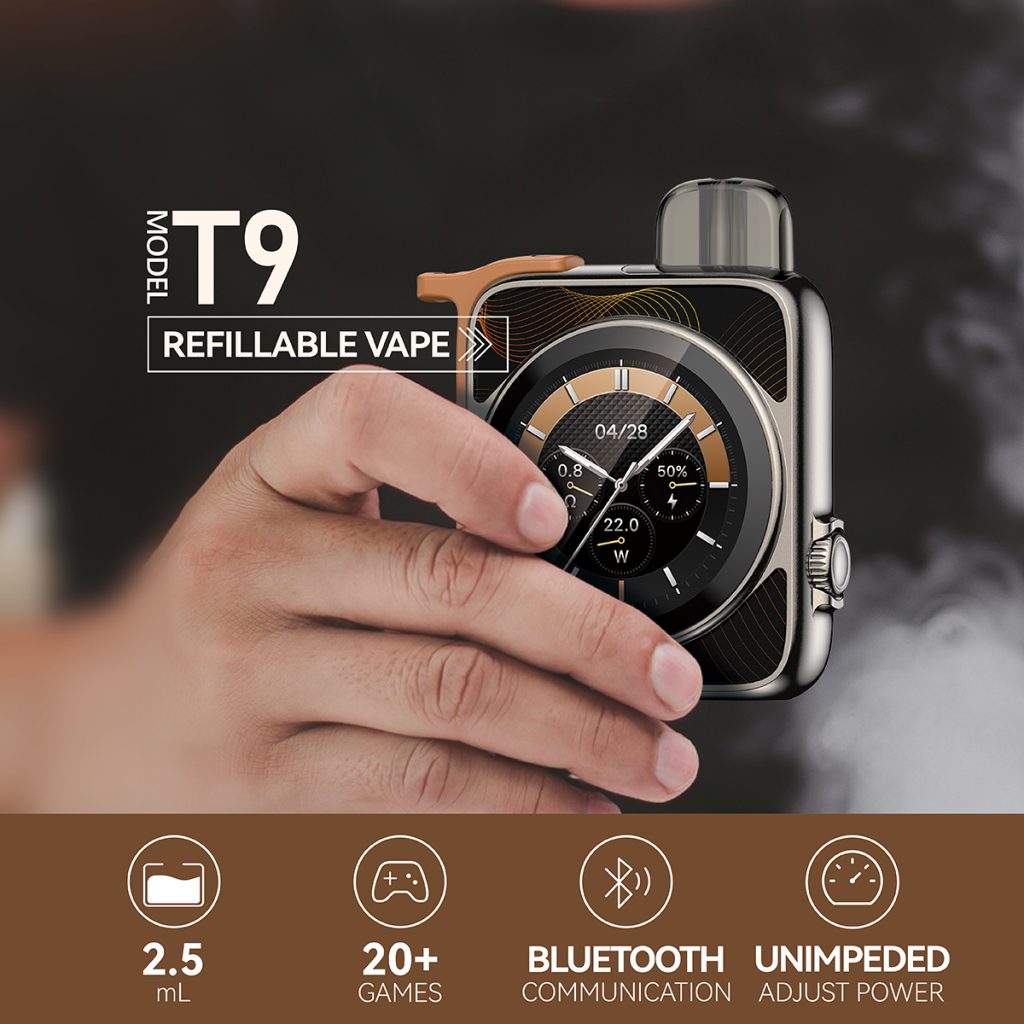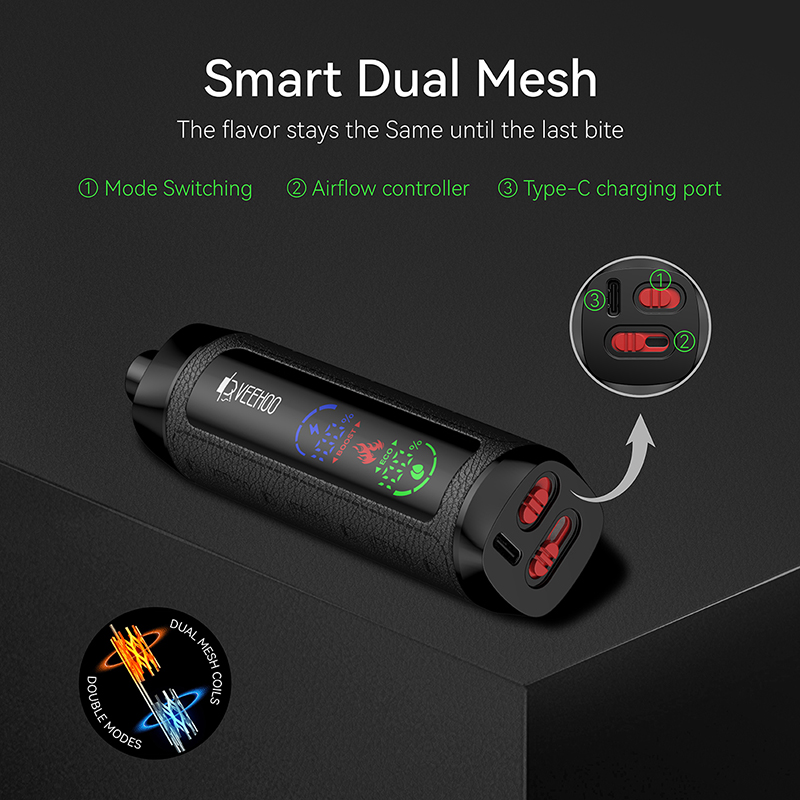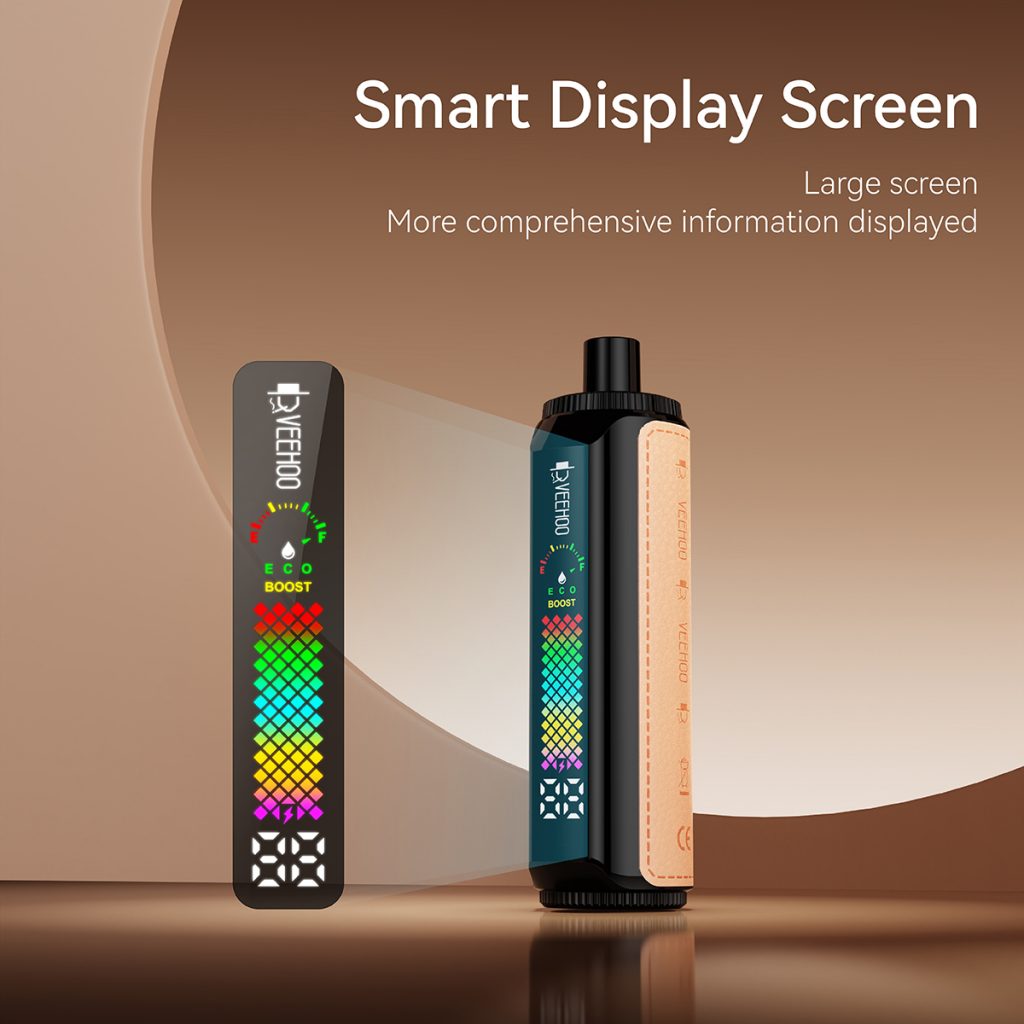In April 2025, the Maldivian government announced a landmark tobacco control policy: citizens born after 2007 will be banned from buying any tobacco products, including traditional cigarettes and e-cigarettes, for life. This policy not only continues the global trend of tobacco control, but also demonstrates the Maldives’ firm commitment to public health in the form of legislation.
The Maldives’s tobacco ban upgrade is not an isolated action. In recent years, many countries have passed “intergenerational smoking ban” legislation to gradually reduce the tobacco consumer group. For example, Malaysia also stipulates that those born after 2007 are not allowed to buy cigarettes, and is equipped with high fines and police search powers to strengthen enforcement. The core logic of such policies is to block the channels for young people to contact tobacco and reduce the smoking rate from the source. As early as in 2007, China pointed out in its tobacco control report that smoking and passive smoking cause more than one million deaths each year, and young people are a high-risk group susceptible to tobacco marketing. The new regulations in the Maldives are a response to this scientific consensus.

The ban in the Maldives covers all tobacco products, including e-cigarette products, which have grown rapidly in recent years. Although e-cigarettes are often promoted as “harm-reducing alternatives”, the World Health Organization emphasizes that they still contain addictive substances such as nicotine and may attract teenagers through fashionable designs. The policy clearly includes e-cigarette brands such as VEEHOO under supervision and prohibits sales to target groups. To ensure implementation, the government plans to identify the year of birth through ID cards and impose heavy fines on violators. This dual approach of “technology + law” is similar to Malaysia’s RM20,000 fine and imprisonment measures, which are intended to form a deterrent.
The policy has triggered polarized reactions after it was announced. Supporters believe that it is the government’s responsibility to protect the health of young people, especially for island countries like the Maldives, where national health is directly related to the sustainability of tourism and medical resources. Studies show that 88% of smokers start to use tobacco before the age of 18, and the ban policy can effectively reduce this proportion. However, opponents question its infringement on personal choice and worry about the birth of black market transactions. Similar disputes are also reflected in China’s tobacco control discussions. For example, the smoking ban in public places was criticized as “a piece of paper” due to poor enforcement. The Maldives needs to resolve such contradictions through strict law enforcement and public education.

E-cigarette companies represented by VEEHOO face severe challenges. Although some brands have used “smoking cessation aids” as a selling point, the policy clearly treats them the same as traditional tobacco. This forces the industry to accelerate its transformation: on the one hand, it needs to completely withdraw from the youth market, and on the other hand, it can develop truly harmless nicotine replacement products. The case of China’s anti-smoking essay shows that social opinion is increasingly strict in the moral scrutiny of the tobacco industry, and corporate social responsibility has become the key to survival.
Maldives’ policy is an important piece of the global tobacco control puzzle. From China’s warning about the dangers of passive smoking in 2007, to Malaysia’s comprehensive anti-smoking bill, to the intergenerational anti-smoking in the Maldives, countries are moving towards the same goal in different ways. The World Health Organization predicts that if such policies continue to be promoted, the global smoking rate is expected to drop below 5% by 2040. However, success depends on cross-generational efforts – as an anti-smoking essay calls for: “One less cigarette, the world will be a better place.”

Maldives’ determination to build a smoke-free environment for the next generation with legislation as a shield deserves recognition. This policy is not only a national health investment, but also conveys a universal value: the quality of life is always higher than commercial interests and short-term pleasure. In the future, when Maldivian citizens born after 2007 become adults, they may be grateful for today’s choice – a life without having to fight tobacco is the most precious gift.
Tags: flavored e-cigarettes, ceramic atomizer core, protect teenagers, veehoo vape